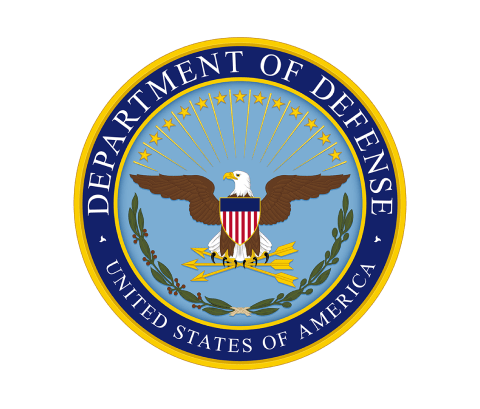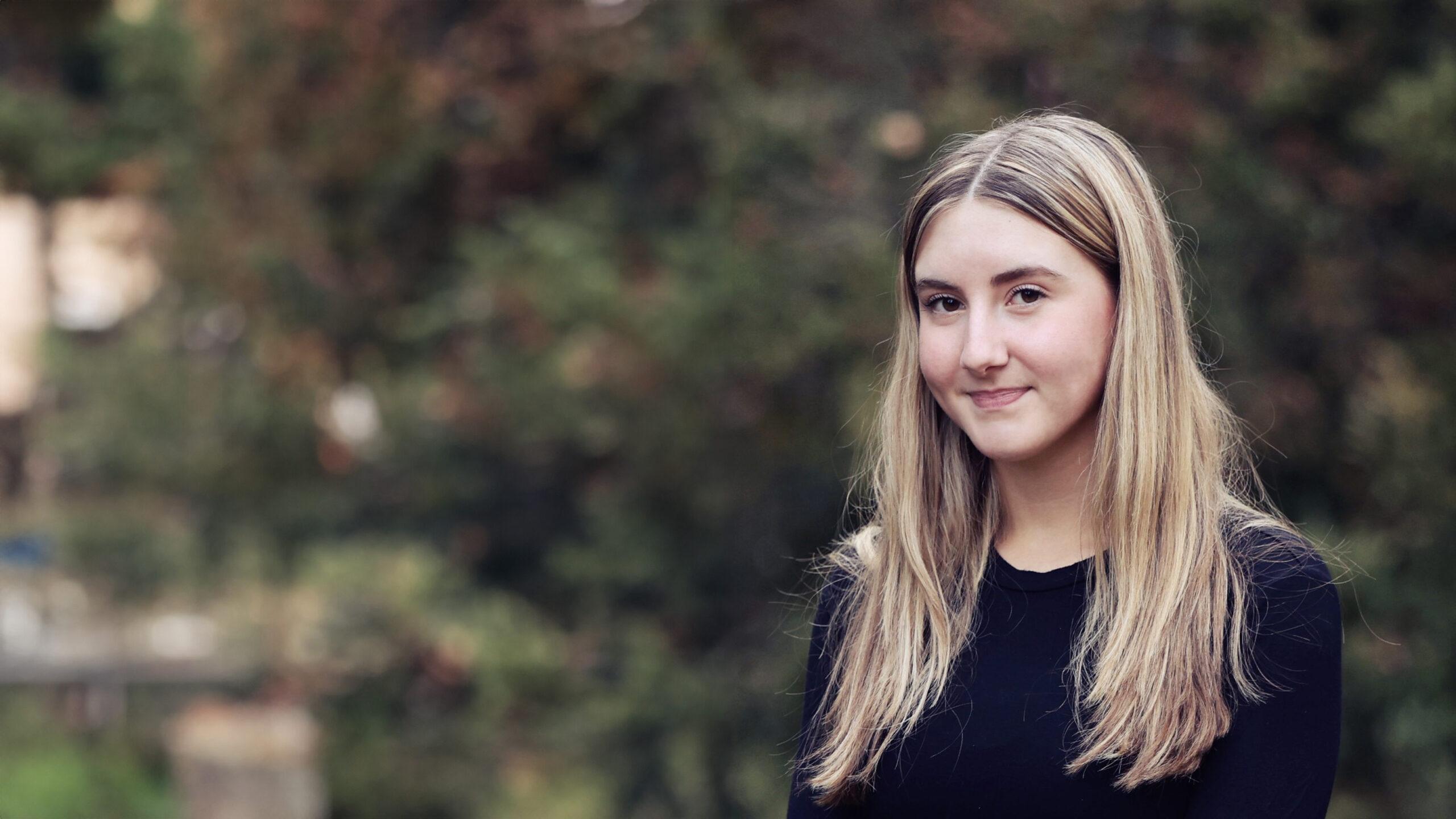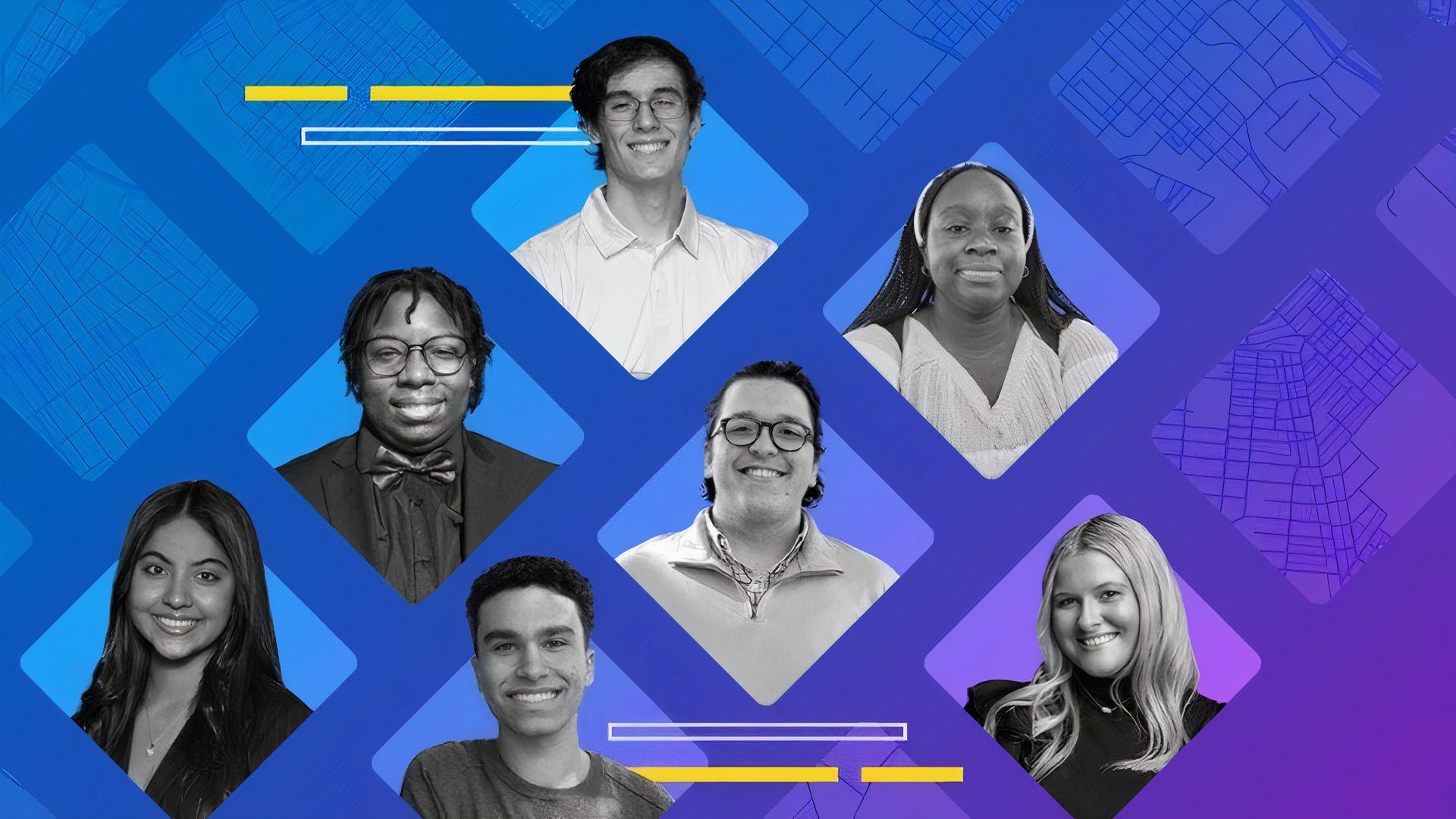
Dr. Marcus Smith: From Scholarship Recipient to Scholarship Manager
Dr. Marcus Smith: From Scholarship Recipient to Scholarship Manager Dr. Marcus Smith stands at the forefront of the…
Filed In
Topics




Our team is here to help you achieve your goals and build your custom scholarship program.